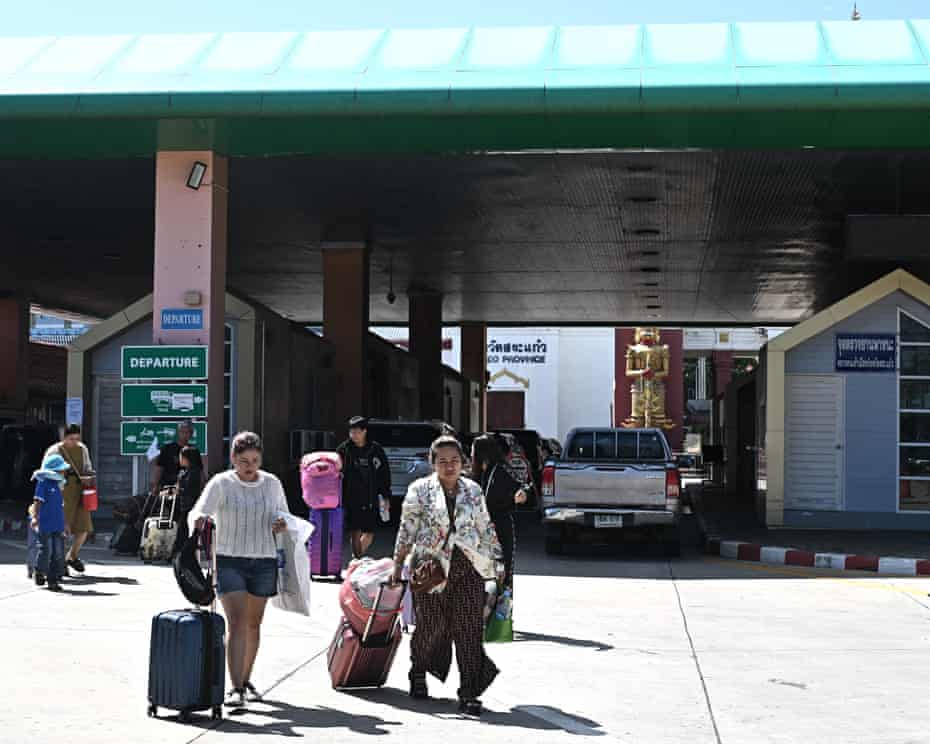Thailand’s military has shut border crossings with Cambodia across seven provinces, barring almost all travellers, as tensions continue to rise over a simmering territorial dispute between the two Southeast Asian nations.
In statements released on Monday, the Thai army and navy announced that all vehicles and individuals, both Thai nationals and foreigners, would be prohibited from crossing into Cambodia, with only limited exemptions. These include patients requiring medical treatment and students travelling for educational purposes.
Why Thailand closed borders
The closures follow an increase in hostilities between the two countries, sparked by a fatal skirmish in May at a contested section of the border, during which a Cambodian soldier was killed. Since then, both governments have engaged in retaliatory measures, and nationalist sentiment has surged on both sides.
Prime Minister Paetongtarn Shinawatra, currently under intense political pressure at home, confirmed the new restrictions and pledged tighter screening at land borders. Her government has come under fire for its handling of the dispute, particularly following a diplomatic blunder involving Cambodia’s former leader, Hun Sen.
In a leaked phone call last week, Paetongtarn was heard referring to Hun Sen as “uncle” and appeared to criticise a senior Thai military officer for posturing. She also offered to “take care” of anything Hun Sen might want, remarks that have been widely condemned and interpreted as undermining Thailand’s negotiating stance.
The leak has sparked public outrage and deepened existing fractures within her ruling coalition. One coalition partner has since exited the government, citing the phone call as a key reason. Paetongtarn has apologised, claiming her comments were a strategic negotiating tactic and urging national unity.
The crisis has already triggered a raft of tit-for-tat actions. Cambodia has banned Thai films from being shown in cinemas and on television, limited internet access originating from Thailand, and halted imports of Thai agricultural produce and fuel. Thailand, in turn, has responded with increased border restrictions and shortened visa validity for Cambodian nationals.
The closures now apply to border crossings in Ubon Ratchathani, Surin, Buriram, Sri Sa Ket, Sa Kaeo, Chanthaburi, and Trat provinces.
In a press briefing on Monday, Paetongtarn also floated the possibility of blocking exports to Cambodia that could be exploited by organised crime networks, particularly those behind cyber scams. Cambodia has drawn international criticism for allowing scam compounds to flourish, where victims of human trafficking are reportedly forced into illegal online operations.
UN experts and human rights organisations have named Cambodia a global hub for cybercrime, with many of the operations said to be run by transnational criminal groups exploiting weak regulation and state complicity.
Thailand has pledged to work with regional partners and international bodies to crack down on the industry and reduce cross-border criminal activity. However, as political instability grows and trust between Bangkok and Phnom Penh diminishes, a peaceful resolution to the border dispute remains uncertain.



